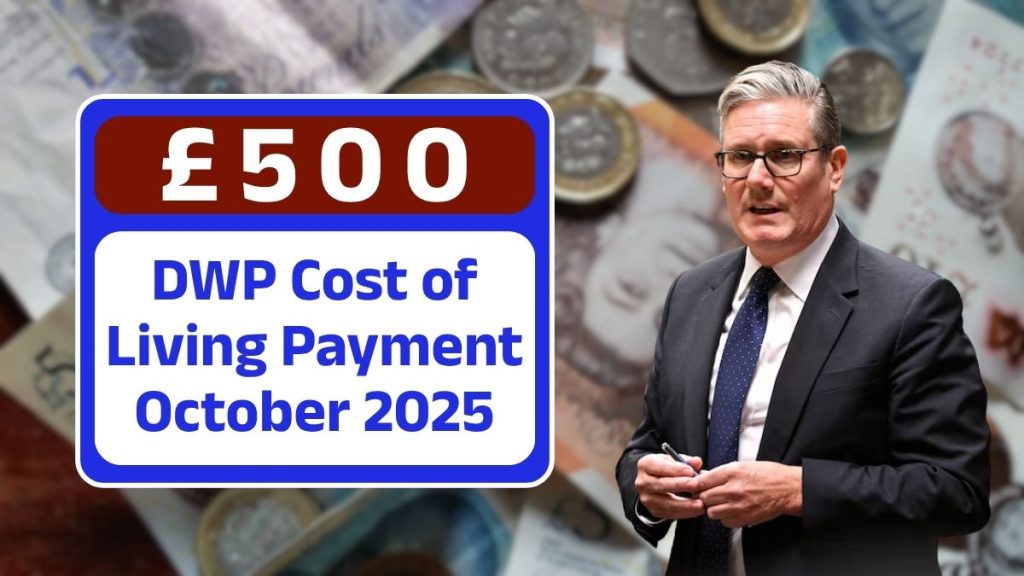For many UK retirees, the State Pension remains the cornerstone of financial stability. It helps cover daily living costs and ensures a steady source of income during retirement. In 2025, retirees have an opportunity to increase their pension by up to £700 a year, but only if they take the right steps in time. This guide explains who qualifies, how to act, and what deadlines you must keep in mind.
What Is the State Pension?

The State Pension is a government payment made to individuals who reach retirement age and have sufficient National Insurance (NI) contributions. There are two main types:
- Basic State Pension – for those who reached State Pension age before April 2016.
- New State Pension – for those who reached State Pension age on or after April 2016.
Both aim to provide a stable income, though the amount depends heavily on your NI record.
How Much Can Retirees Receive in 2025?
The maximum amounts for 2025 are:
- New State Pension – around £203.85 per week (£10,600 annually).
- Basic State Pension – up to £156.20 per week.
The extra £700 refers to the annual boost retirees can gain by paying voluntary contributions or filling gaps in their NI record. For those on tight budgets, this increase can make a meaningful difference.
Why Retirees Are Missing Out
Not everyone receives the maximum pension. Common reasons include:
- NI contribution gaps due to unemployment, illness, or caring responsibilities.
- Missed credits for periods of maternity leave, sickness, or caregiving.
- Unawareness of the option to make voluntary contributions.
By identifying and addressing these gaps, many retirees can significantly boost their weekly payments.
How to Check Your National Insurance Record
The first step is to check your NI record through HMRC’s online portal or by requesting a statement. This helps identify:
- The number of qualifying years you already have.
- Any missing contributions.
- Whether you are entitled to NI credits.
A clear record ensures you know exactly what actions to take before making voluntary payments.
Voluntary Contributions Explained
If gaps exist, retirees can pay Class 3 voluntary contributions.
- Contributions can be made monthly or as a lump sum.
- Adding just one missing NI year could increase your pension by £9–£12 per week.
- Over a year, this equals nearly £700 extra.
Acting early is essential, as deadlines apply for filling older gaps.
Pension Credit for Lower-Income Retirees
For retirees with limited income, Pension Credit is another way to increase financial support.
- Guarantee Credit ensures a minimum weekly income.
- Savings Credit provides extra help for those with modest retirement savings.
Even partial eligibility can add hundreds of pounds annually, so checking your status is worthwhile.
Carer’s Credits and Their Impact
Retirees who have taken time off work to provide unpaid care may qualify for Carer’s Credits.
- These credits fill NI gaps caused by caregiving.
- Claiming is free and prevents long-term pension losses.
Many retirees are unaware of this entitlement, making it one of the most overlooked ways to secure pension income.
Deferring Your State Pension
Another option is to defer payments to boost future income.
- Every 9 weeks of deferral increases weekly payments by roughly 1%.
- Deferring for a year can result in a meaningful rise in annual pension.
This option suits retirees who can temporarily rely on savings or other income sources.
Key Deadlines in 2025
To secure the maximum benefit, retirees must be aware of critical deadlines:
- Voluntary contributions must be made before reaching State Pension age.
- Credits must be claimed promptly to count toward your record.
- Deferral arrangements must be set up before payments begin.
Missing deadlines could mean losing the chance to boost your income.
Common Mistakes Retirees Make
Many retirees lose out on extra income because of avoidable errors, including:
- Not reviewing NI records for gaps.
- Assuming they are ineligible for credits.
- Waiting too long to make voluntary contributions.
- Ignoring advice from HMRC or Citizens Advice.
Avoiding these mistakes ensures that you claim every pound you are entitled to.
How Much Could You Actually Gain?
The increase depends on individual circumstances, such as:
- The number of missing NI years.
- Eligibility for credits.
- Decisions on deferral.
For many retirees, the £700 boost per year could mean an extra £58 per month, enough to cover rising utility bills or transport costs.
Where to Get Reliable Advice
To ensure accuracy, retirees should consult:
- HMRC – for NI and pension records.
- Citizens Advice – for guidance on Pension Credit and credits.
- Independent financial advisers – for tailored retirement planning.
Expert advice helps maximise entitlements and avoid costly mistakes.
Combining Strategies for Maximum Pension Boost
Retirees can often increase income by using multiple approaches together:
- Fill NI gaps with voluntary contributions.
- Apply for Carer’s Credits.
- Defer State Pension if possible.
- Check eligibility for Pension Credit.
Combining these strategies ensures a stronger, more reliable retirement income.
Why Increasing State Pension Matters
The additional £700 per year is more than just a financial boost:
- Provides extra funds for essentials like groceries and utilities.
- Reduces reliance on family or savings.
- Offers greater security and peace of mind in retirement.
For many retirees, it can mean the difference between financial struggle and stability.
FAQs – Boosting Your UK State Pension in 2025
Q1. Can I still make voluntary contributions if I am already over 65?
Yes, but voluntary NI contributions must be made before you reach State Pension age.
Q2. Do Carer’s Credits apply automatically?
No, you must apply for Carer’s Credits to fill NI gaps caused by caregiving.
Q3. How long does it take for contributions to increase my pension?
Once HMRC processes your contributions, the increase is usually reflected within months.
Q4. Is deferring my pension a safe option?
Deferring can increase your weekly payments, but it only benefits those who expect to live long enough to recover the delayed income.
Q5. How do I know if Pension Credit applies to me?
You can check eligibility online at GOV.UK or through the Pension Credit helpline.
















